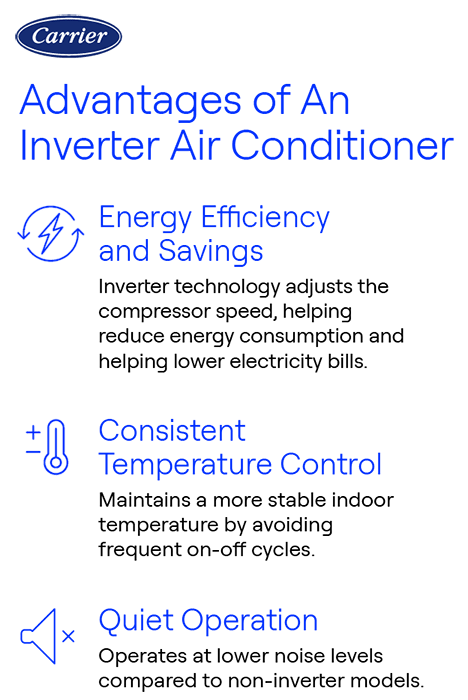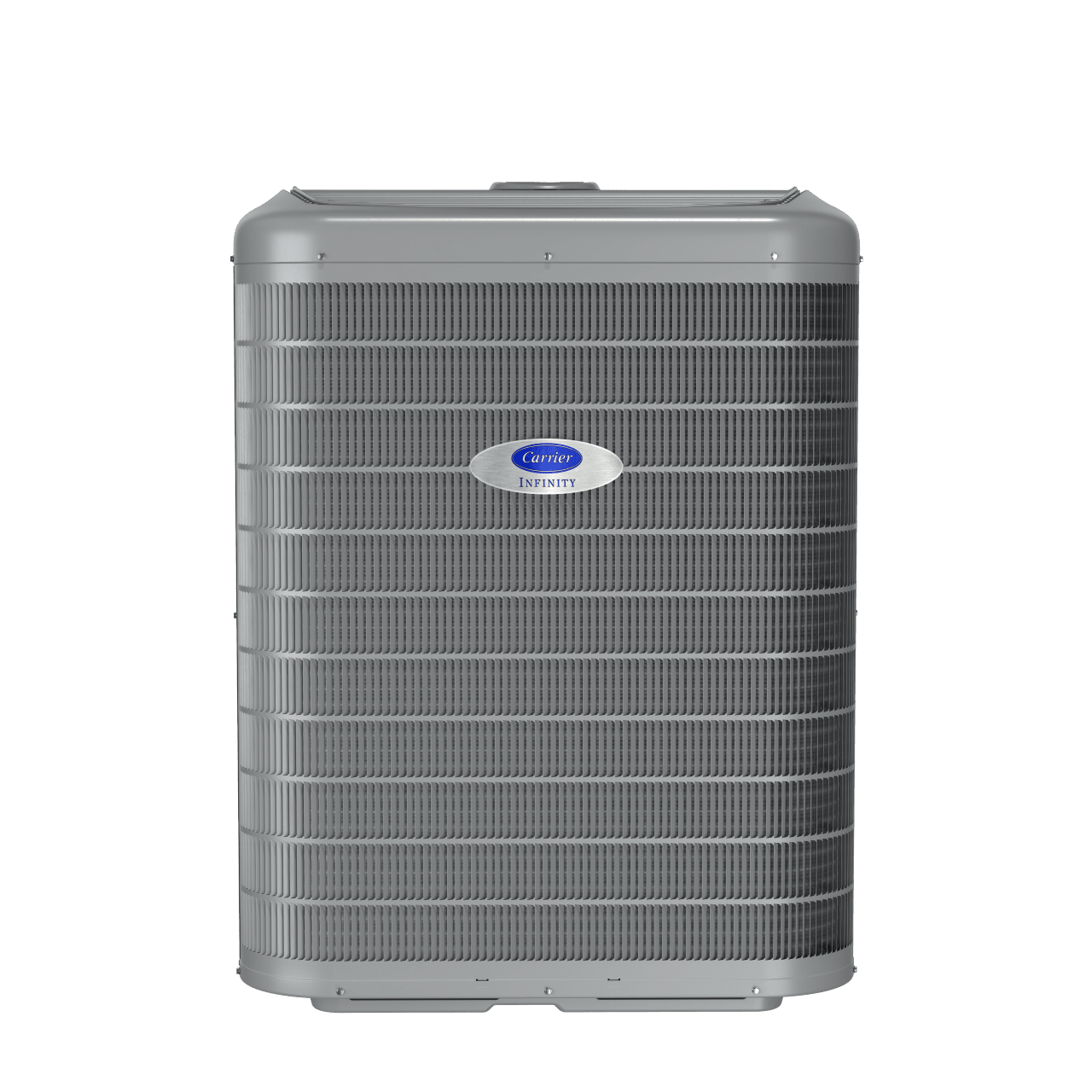Your Guide to Inverter Air Conditioners
Inverter air conditioners are becoming a popular choice for homeowners seeking energy-efficient cooling solutions. By adjusting compressor speed to match cooling demands, these systems offer more consistent temperatures and lower energy costs compared to traditional AC units. In this guide, we'll walk through what is an inverter air conditioner, how does an inverter AC work, advantages of inverter air conditioners, and how to choose the best air conditioner for your home.

What is an Inverter Air Conditioner?

How Does an Inverter AC Work?
Advantages of An Inverter Air Conditioner

Energy efficiency and savings
Consistent temperature control
Quiet Operation
Is An Inverter Air Conditioner Right For You?
Factors to Consider When Choosing an Air Conditioner
Comparison Between Inverter and Non-Inverter ACs
Considerations when Choosing an Inverter AC
Home Size and Cooling Capacity
Contractor Selection
Maintenance Requirements
Frequently Asked Questions About Inverter Air Conditioners
Why Choose Carrier Air Conditioners
Carrier air conditioners are known for their reliability, energy efficiency, and advanced technology. With a range of models to suit different needs, Carrier offers air conditioners with optimal comfort and air quality. Whether you're looking for a budget-friendly option or a high-end, energy-efficient unit, Carrier’s ACs provide consistent performance, quiet operation, and innovative features.
Up to 21 SEER2 for premium energy savings with premium comfort features
Up to 16.5 SEER2 for enhanced energy savings with standard comfort features.
LEARN MORE ABOUT AC UNITS
- Air conditioner price; How much does it cost?
- Help with Air Conditioner Service
- Find Out How Do Air Conditioners Work
- Factors and variables - "How Long Do Air Conditioners Last?"
- In need of air conditioner parts or equipment?
- Learn about different HVAC system types




